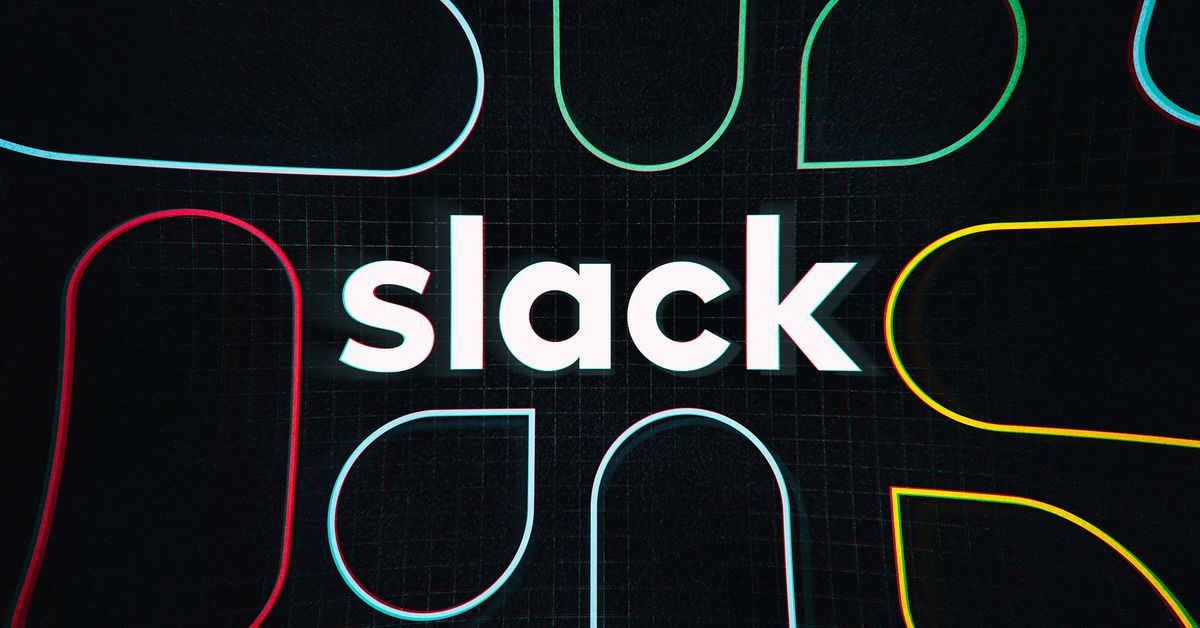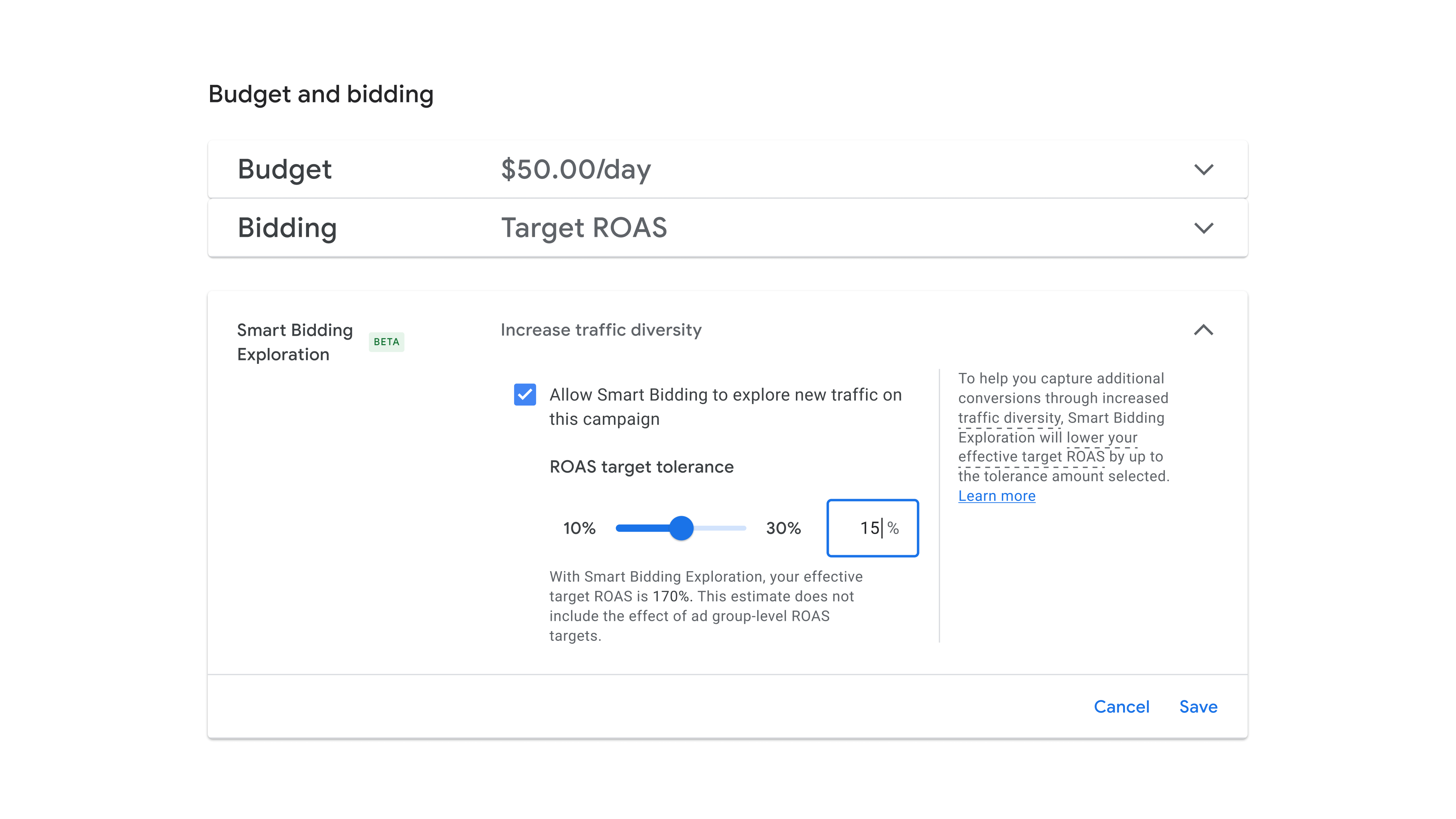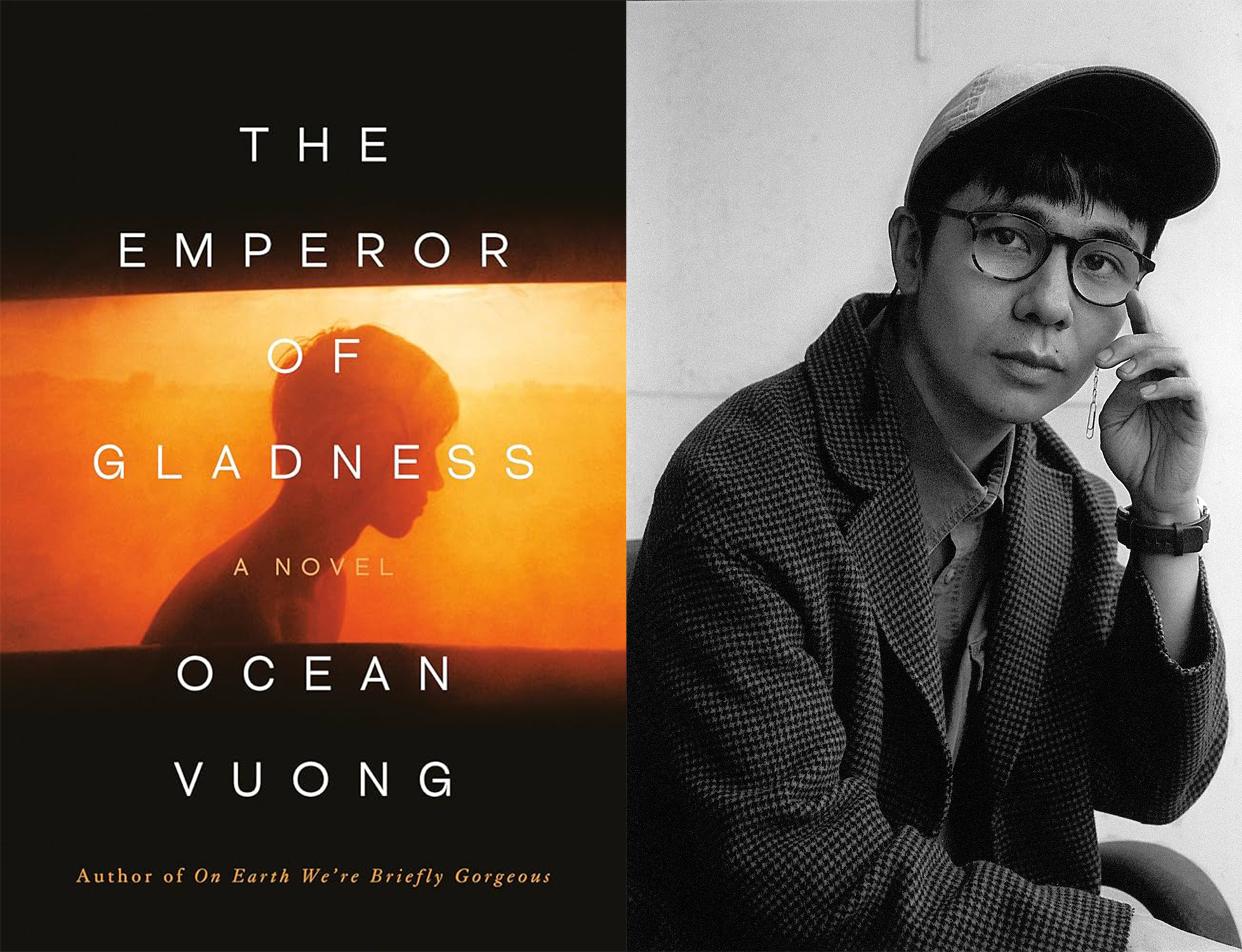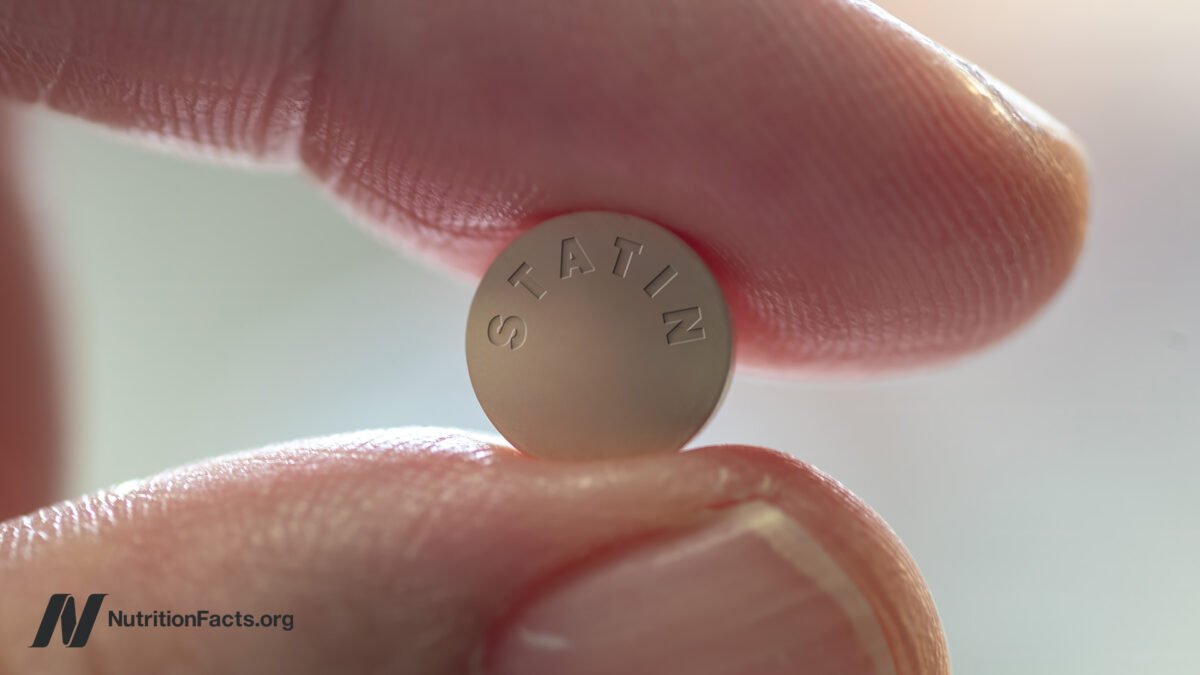The Last of Us’ PS5 remake makes it feel like a modern game
The Last of Us Part I | Image: Sony Interactive EntertainmentThe original The Last of Us first debuted on the PS3 in 2013 and was remastered for the PS4 just a year later. But here we are, less than...

The original The Last of Us first debuted on the PS3 in 2013 and was remastered for the PS4 just a year later. But here we are, less than a decade from its debut, and the game is already being remade. The newly christened The Last of Us Part I takes that original experience, the one that helped make Naughty Dog one of gaming’s most revered studios, and makes it feel comfortably at home on the PS5; in fact, the new version makes the game look and play a lot like its controversial sequel. In some ways, The Last of Us Part I seems superfluous, given the relatively young age of the original, which is still very accessible. It’s not like the PS4 remaster doesn’t hold up. But after spending some time with the remake, I have to say — it’s also the best way to experience this classic.
The basics of the game remain the same as always. It starts out with Joel’s harrowing introduction to the zombie — sorry, I mean “infected” — apocalypse before fast-forwarding two decades when he’s introduced to a young girl named Ellie and, after a lengthy trek through hell, forced to make an impossible choice. That story, along with the standalone prequel Left Behind, remains intact in the remake. If you played the original, there are no surprises here. The gameplay, meanwhile, is still a mix of stealth combat, lots of shootouts, and navigating environmental puzzles with plenty of conveniently placed ladders and wooden planks.
But there are significant changes. The most obvious are visual ones. Part I has the kind of graphics you’d expect from a lavish blockbuster in the year 2022: incredible water reflections, disturbingly gruesome death sequences. There’s a camera mode so you can really zoom in on Joel’s face and see the details of his impressive beard. The main characters have been slightly redesigned to seem more lifelike, and the added layer of detail makes the environments a lot more fun to explore as you scrounge the ruins for supplies, knowing a clicker could pop out at any time. As with most PS5 games, you can also choose between two modes, one of which prioritizes a smooth frame rate, another with an emphasis on visual fidelity.
:no_upscale()/cdn.vox-cdn.com/uploads/chorus_asset/file/23983298/TLOUPTI_BROLL_STILLS_WM_1_ACCESSIBILITY.png) The Last of Us Part I.
The Last of Us Part I.
Even if you don’t care about counting frame rates or more realistic foliage, many of the changes make the experience feel much more in line with The Last of Us Part II. Which is to say — not dramatically different but a welcome improvement. The controls and UI have been streamlined slightly so that combat isn’t quite so clunky, though it’s not exactly smooth; there were still plenty of times when I fumbled around swapping guns, and I kept accidentally triggering the photo mode in the middle of hectic fights. But it’s more manageable than the original. My main advice is to stick to stealth as much as you can, where things work much better than the busy shootouts.
There are lots of other changes, and the ones that stood out the most to me during my playthrough were: the faster load times, which made restarting after a death nearly instant, something I had to do a lot during some of the more intense sequences; the DualSense controller’s adaptive triggers make using the bow in particular very satisfying, though the haptic vibrations felt pretty standard; the 3D audio is so spooky I had to play without headphones on because I couldn’t take the horrifying clicking sounds; perhaps most significant, Part I features a similarly robust set of accessibility features as the sequel. There’s also a new speedrunning mode and more challenging difficulty, but I haven’t played around with those yet.
If you didn’t like TLOU in the first place, this remake won’t change your mind. It’s still gruesome and dark, a mix of a heart-rending post-apocalyptic story and a sometimes awkward video game. The core is the same as always. What this remake does, though, is smooth the transition between the two games in the franchise. Think of it like sanding away (most of) the game’s rough edges. That will likely be important to those who played Part II before the original or the hypothetical brand-new audience that will be introduced to The Last of Us through HBO’s live-action adaptation next year or the standalone multiplayer experience that’s also coming. The Last of Us is now a franchise — and within that framework, a remake so soon actually makes a lot of sense.
The Last of Us Part I launches on the PS5 on September 2nd. A PC version is also in the works.

 FrankLin
FrankLin 






























